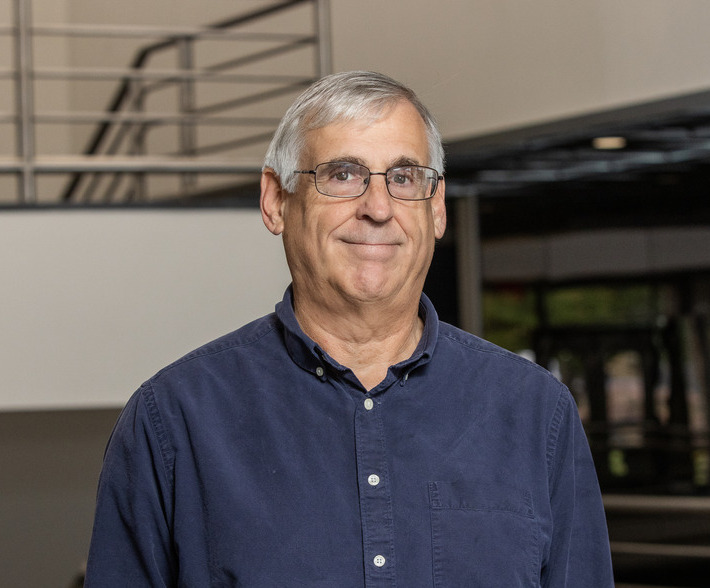Develop sophisticated, quantitative skills to solve challenging problems of modern global society.
The structure of our curriculum emphasizes the theory and application of math while giving you access to modern communication tools, modeling, and computation necessary for interdisciplinary problem-solving and research. Supported by close mentorship of our faculty who specialize in applied analysis, numerical analysis, and mathematical statistics, you will be encouraged to ask important questions and find solutions for yourself.
The Department of Mathematics offers a bachelor of science, bachelor of arts, and master of science in mathematics and applied mathematics. Many of our math students also double major in another discipline.













